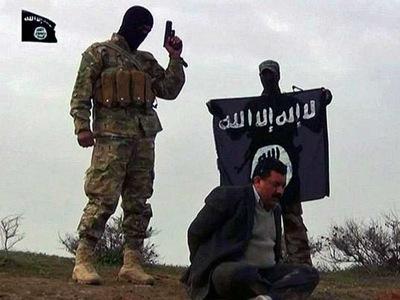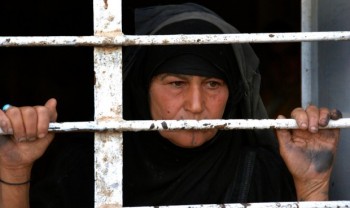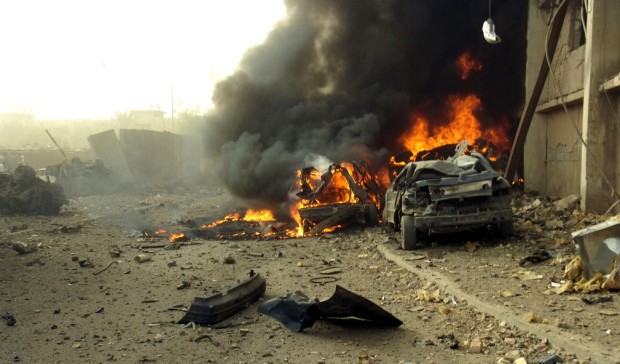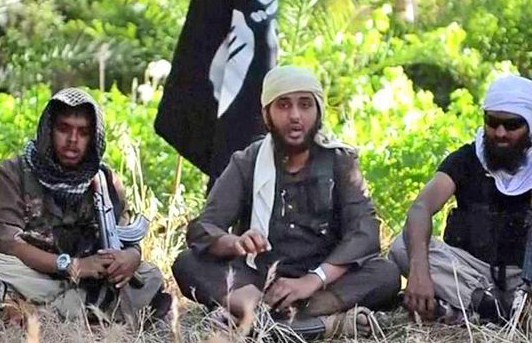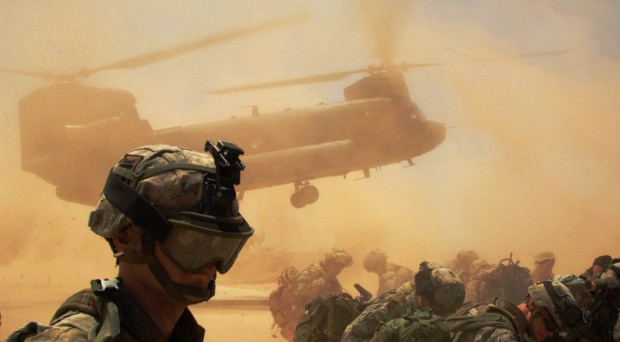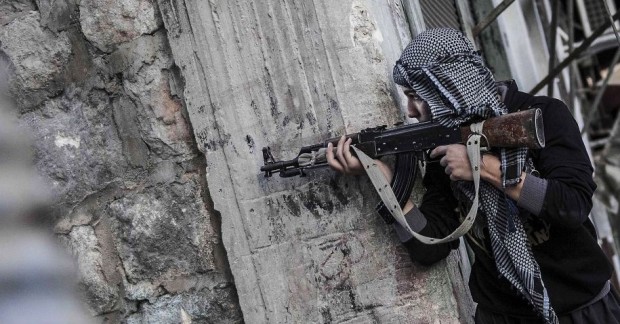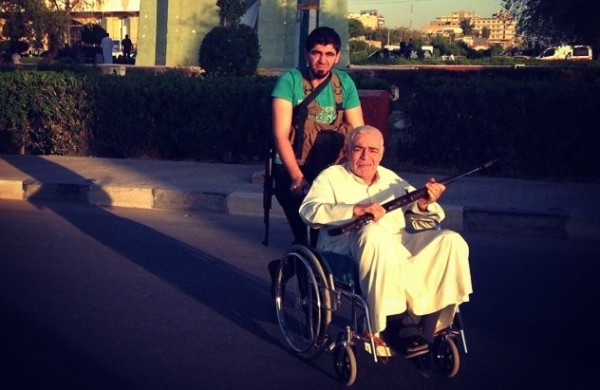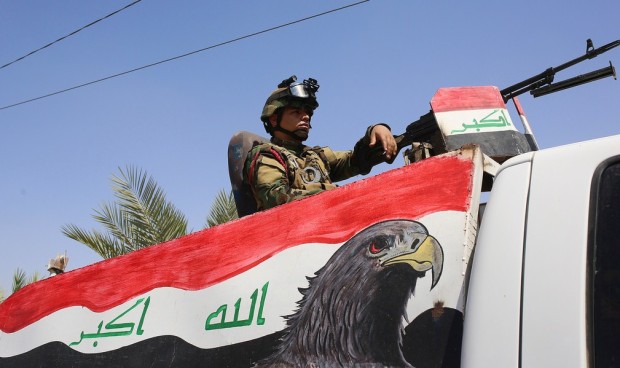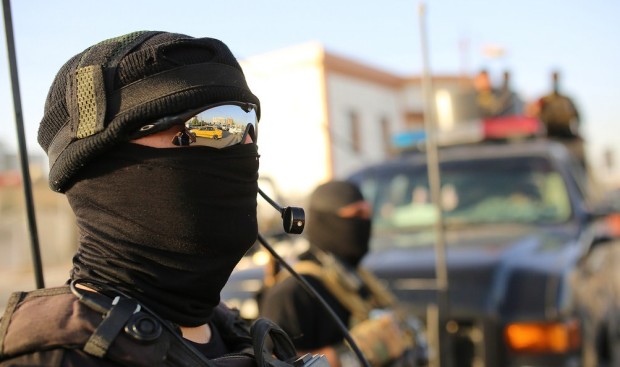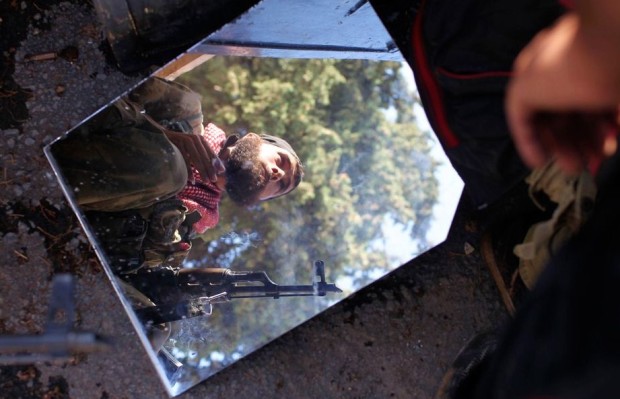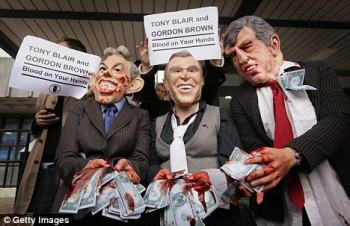Israel/Palestinian casualties—The big lie through lopsided coverage
|
SOME DEATHS REALLY MATTER – THE DISPROPORTIONATE COVERAGE OF ISRAELI AND PALESTINIAN KILLINGS [I]sraeli deaths matter much more than Palestinian deaths. This has long been a distinguishing feature of Western news media reporting on the Middle East. The recent blanket coverage afforded to the brutal killing of three Israeli teenagers highlights this immutable fact. Channel 4’s Alex Thomson offered a rare glimmer of dissent: ‘Curious to watch UK media living down to the Palestinian claim that 1 Israeli life is worth 1000 Palestinian lives.’ Major broadcasters, such as BBC News, devoted headlines and extended reports to the deaths, and included heart-rending interviews with grieving relatives in Israel. The Guardian ran live coverage of the funerals for more than nine hours. But when has this ever happened for Palestinian victims of Israeli terror? A reader challenged the Guardian journalist leading the live coverage: ‘@Haroon_Siddique Did I somehow miss @guardian’s live-tweeting of Palestinian victims’ funerals & eulogies?’ Several nudges elicited the standard display of hand-washing: ‘I’m not an editor so don’t take decisions on future coverage.’ An extensive list of news stories and video reports appeared on the BBC website describing how Israel is ‘united in grief’, alongside stories titled, ‘Netanyahu: “Wide and deep chasm” between Israel and enemies’, ‘Thousands gather for Israeli teenagers’ funerals’, ‘Grief and anger after Israel teenager deaths’, and ‘On road where teens vanished’. These all strongly, and rightly, expressed the broadcaster’s empathy with the fact that something terrible had happened. But when has the BBC ever expressed this level of concern for the deaths of Palestinian teenagers? The question matters because consistent empathic bias has the effect of humanising Israelis for the public and dehumanising Palestinians. This is an extremely lethal form of media propaganda with real consequences for human suffering. A Guardian editorial noted that the killings ‘had shocked [Israel] to the core’. Western leaders had also expressed solidarity – an outpouring of concern that contrasted with the reaction to Palestinian deaths, which ‘so often pass with barely a murmur’. But that was all the Guardian editors had to say. The missing, ugly reality is that over the last 13 years, on average, one Palestinian child has been killed by Israel every 3 days. Since the outbreak of the second Intifada in September 2000, 1,523 Palestinian children have been killed by Israel’s occupation forces. Over the same time period, 129 Israeli children have been killed. Thus, the ratio of Palestinian children to Israeli children killed is more than ten to one. You would be forgiven for not having the slightest inkling of this from Western media coverage. Even in the past few days, in reporting the massive Israeli operation to find the teenagers, only the briefest of nods has been given to the ‘five Palestinians, including a number of minors, [who were] killed’ in the process. Following the tragic discovery of the bodies of the three Israeli teenagers, corporate journalism gave headline attention to President Obama’s condemnation of ‘this senseless act of terror against innocent youth’. Significant coverage was given to the shocked reaction of prime minister David Cameron who said: ‘This was an appalling and inexcusable act of terror perpetrated against young teenagers. Britain will stand with Israel as it seeks to bring to justice those responsible.’ But when have Obama or Cameron ever condemned the killing of Palestinian youths or children by Israelis in this vehement way? We can easily see the contrast in media treatment of Israeli and Palestinian deaths by observing the lack of coverage, and the silence of Western leaders, about two young Palestinians, Nadim Nuwara, 17, and Muhammad Abu al-Thahir, 16, who were shot dead by Israeli security forces in May. The BBC did not entirely ignore the killings. But the deaths werepresented as a murky event in which the truth was strongly disputed: ‘A human rights group has released a video it says shows two teenage Palestinians being shot dead by Israeli security forces at a protest last week.’ (Our emphasis.) The BBC report was quick to present the Israeli viewpoint upfront: ‘But the Israeli military said the video had been edited and did not document the “violent nature” of the incident. ‘It also questioned a claim that live ammunition had been fired at the boys.’ A few days later, the Israeli military ordered the removal of the CCTV cameras that had captured the killings. The security cameras belonged to Fakher Sayed who ran a nearby carpentry shop. And the interest in this from BBC News and the rest of the corporate media? Zero, as far as we can tell. Every violent death is a tragedy. But the disproportionate coverage given to Israeli and Palestinian deaths is symptomatic of a deep-rooted, pro-Israel bias. Why is it so extreme? Because of the intense pressure brought to bear on the media by the powerful Israeli lobby, and by allied US-UK interests strongly favouring Israel. As one senior anonymous BBC editor once put it: ‘We wait in fear for the phone call from the Israelis.’
|

